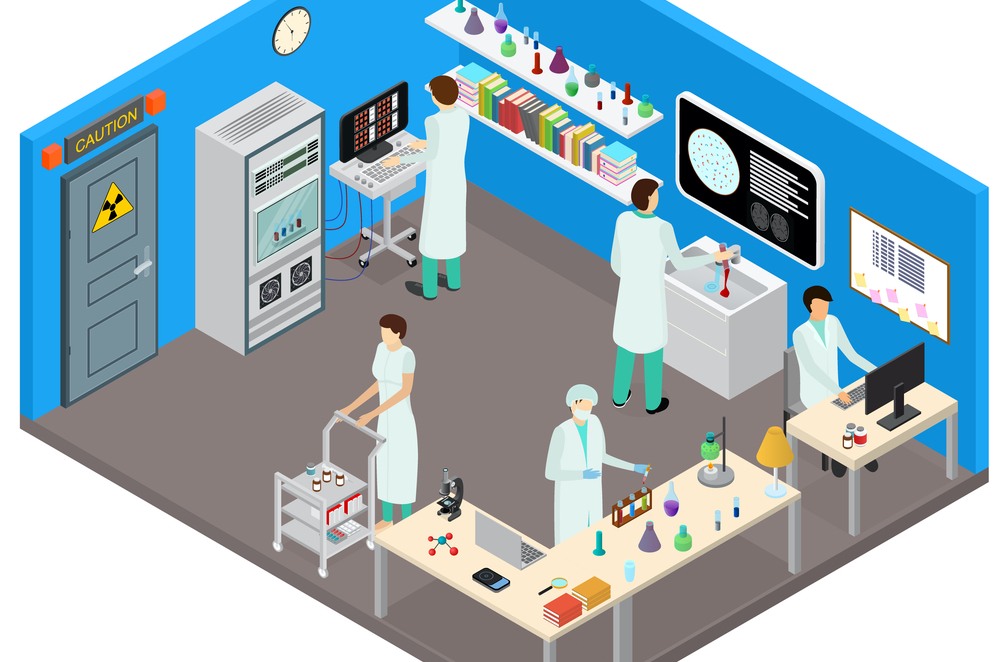Constructing a laboratory can be an overwhelming project.
It requires extensive planning, engineering, building, furnishing, staffing and training. Obviously, this is incredibly laborious and time-consuming, to put it mildly. And one critical step in the process is selecting the right lab equipment.
Of course, an enormous amount of consideration goes into this step. Factors like the lab’s industry, objectives and day-to-day operations dictate the specific equipment that each lab must contain. Overall, at the forefront of just about every lab’s practices is research. Therefore, for the best results, you should naturally select the best lab equipment for the job. In this post, we’ll discuss what you should consider when selecting equipment for your lab’s projects.
1. Consider the Size of Your Lab
First and foremost, you’ll want to be familiar with the space you are occupying. If you pick equipment that’s too big, you could end up with a lot of headaches and complications. Avoid this by taking measurements in your lab or cleanroom before you order any equipment.
Getting in touch with an equipment provider will help you create a design that enhances your space so you can apply effective and practical solutions. This will help you consider things you might’ve otherwise neglected during this process.
2. Temperature and Airflow Are Important Factors
Laboratories that operate regularly produce a lot of heat. You’ll have to consider this when planning for your lab equipment. Look into a fan/filter or cooling system that regulates the temperature of your lab and keeps your equipment from overheating. Understanding how heat-generating equipment operates within your space is essential for ensuring full productivity in your lab or cleanroom.
3. Will You Need Layout Flexibility
Some lab equipment won’t remain in one specific spot because they need to move. You will need to consider whether or not you need to move these pieces of equipment. Also, make sure that there is enough clearance to do so. Remove any blockages and do not overfill areas with mobile equipment to keep them as accessible as possible.
4. Consider Your Available Storage Space
All laboratories will want to have adequate storage for extra equipment and other lab supplies. When you buy equipment and materials in bulk, you will save lots of money. However, you do not need to place these supplies until they’re required. When you pick your equipment, do not overcommit if you do not have space. Consider buying cabinets and shelves to keep things stored for future use too.
Conclusion – SEPS
When it comes to any lab, equipment is always an essential part of day-to-day operations. And at SEPS, we help labs all over the Tri-State Area implement effective solutions to stay safe and functional. No matter what project you may be planning, we can help you ensure equipment that operates at the very highest functionality.
